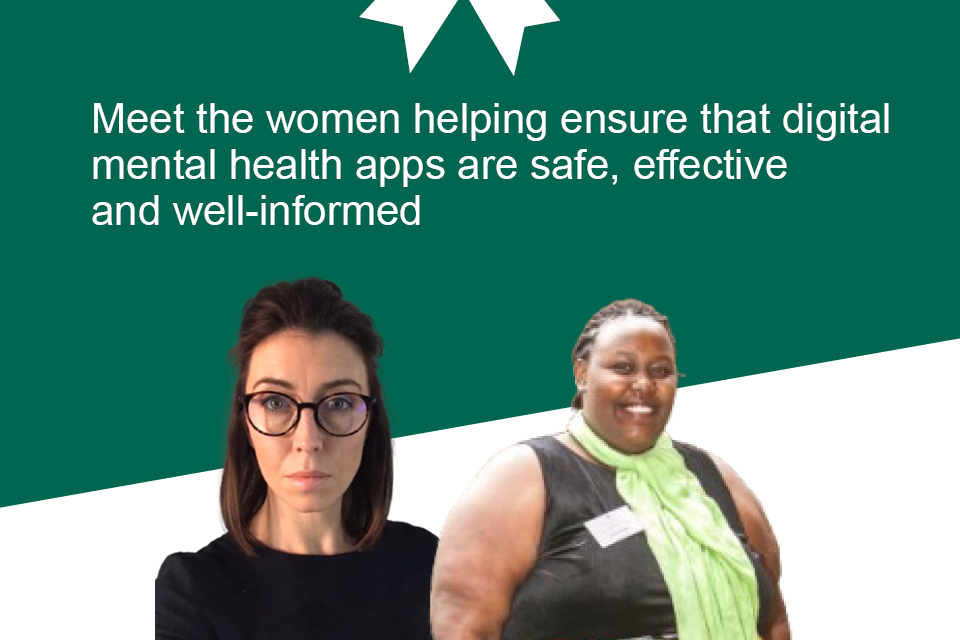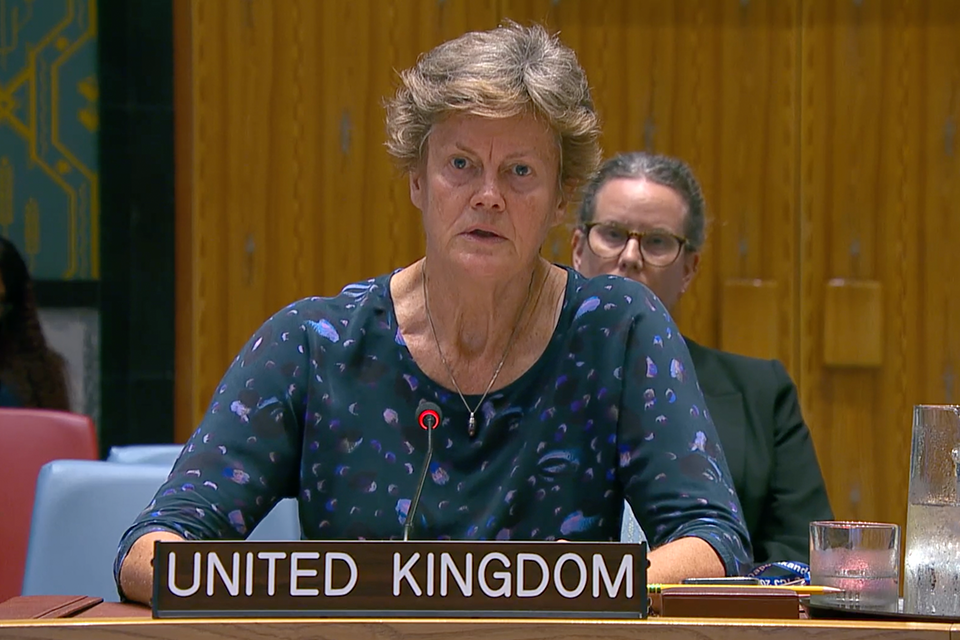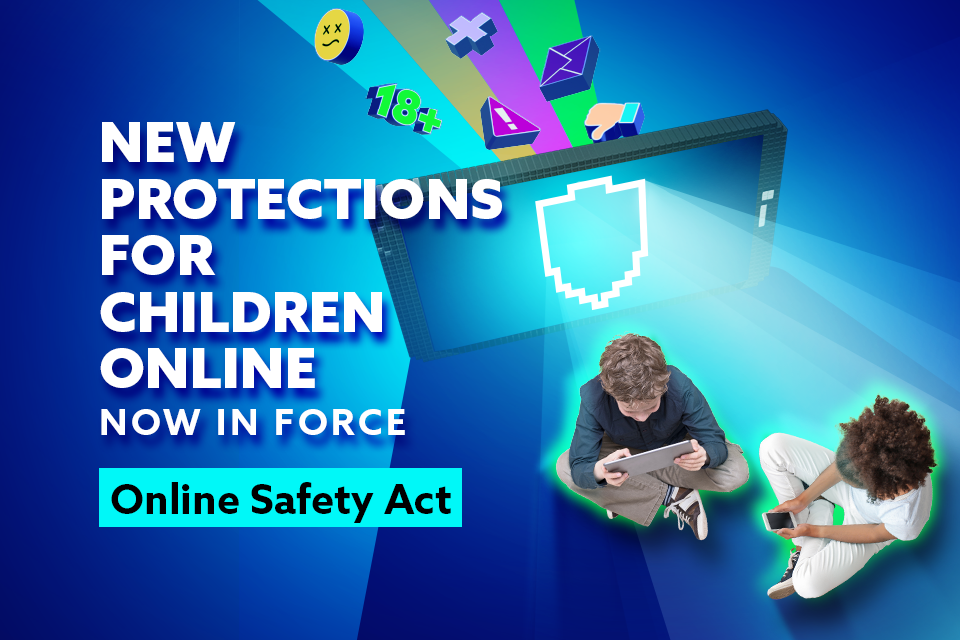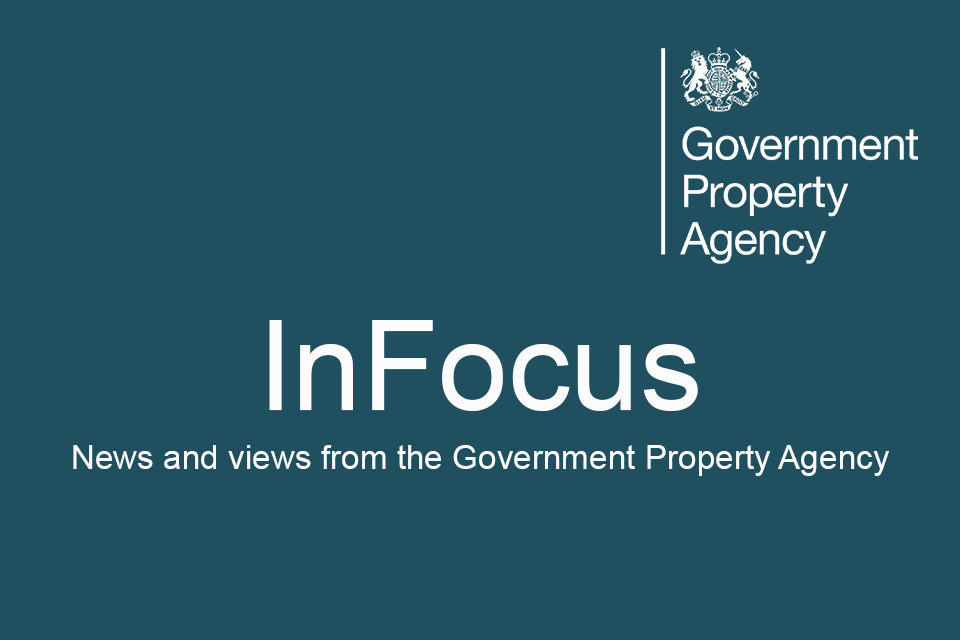How do you know that mental health and wellness app on your phone actually works, is safe for you to use and has been developed in partnership with people who have real lived experience of mental health issues? And, how are such technologies being incorporated into our healthcare system to ease burden on staff and to ensure that interventions are available to patients when they need them?
This Mental Health Awareness Week (12-18 May), meet two women from different backgrounds, united in their own lived experience of mental health issues, who are working together to ensure the digital mental health technologies (DMHT) – including the use of AI – that are being developed to support the growing need within our healthcare system are effective, safe and take into account the needs of those who use them.
Holly Coole, registered mental health nurse and senior manager for digital mental health at the MHRA, leads on a digital mental health project in partnership with the National Institute for Health and Care Excellence (NICE) and funded by Wellcome, to improve access to safe, effective digital mental health technologies. This project will improve outcomes for people with mental health conditions by ensuring that both medical professionals and the public have safe and effective access to DMHTs.
Not only does Holly bring a unique perspective, having worked directly with patients before moving into regulation, but she also has her own lived experience of an eating disorder and post-natal depression. Holly is currently working to provide clarity to the public and healthcare professionals around the key considerations for the regulation and evaluation of DMHTs.
Grace Gatera is a dedicated mental health lived experience advocate living in Kigali Rwanda. As someone who has worked globally in lived experience specifically in mental health science, Grace is passionate about the crucial role of vulnerable and marginalized voices, including young people in shaping and being equal partners in the future of Mental Health. Grace acts as a lived experience advisor to the same project that Holly leads.
Grace’s passion is fuelled by her own experience of living through the 1994 atrocities that were committed in Rwanda, with almost one tenth of the country’s population killed – having to flee to safety in Uganda with her family at a very young age.
Grace strongly believes in lived experience being central to mental health science and practice, youth access to specialised and quality mental health care and medication, as well as their involvement in high level policy and decision making involving mental health.
How widely these technologies are used
There are upwards of 10,000 digital health technologies available for use – for example, on platforms such as the App Store and Google Play as well technologies that may be used in healthcare services by patients themselves, clinicians or a combination of both – but these include a huge range of products, including tools that don’t meet the criteria or threshold for regulation in the UK. In short, there are a huge range of products out there.
These technologies are helping ease the burden on healthcare staff and ensuring mental health interventions are available to patients when they need them
There is an increasing reliance on technology to be able to support interventions and all sorts of processes across the healthcare system – to try and ease workload burden on healthcare staff, make sure interventions are available to people when they need them, make sure that waiting lists provision are adequately resourced, and so that there’s support for people, even at the point of referral – where clinicians are using assessment and triage tools for entry into services.
There are lots of different ways in which the technology can be used in our healthcare system – for example
- Assessment and triage tools for clinicians at the point of referral to a service
- Cognitive Behaviour Therapy (CBT) self-help apps and diaries
- Virtual reality software for exposure therapy
- Diaries for mood tracking over time and enabling people to monitor their results
As demand in our health service for mental health and wellness support grows, we will see increasing use of these technologies.
The importance of regulating these technologies and the role of the MHRA
The regulation of DMHT is a growing public issue due to the rapid increase in the availability of mental health apps and other online tools. Many people rely on various DMHT tools to manage their symptoms, sometimes without professional support, but may not be aware of their effectiveness, risks, or the safeguards in place.
These tools also offer real potential to help manage rising demand for mental health services – supporting mental health professionals and health systems at large, but their safe and effective use depends on clear regulatory understanding.
The MHRA is dedicated to improving outcomes for people with mental health conditions by enabling access to safe and effective digital mental health technologies. Our work on enabling regulation in digital mental health technology is part of the way we are putting the UK at the forefront of innovation in medical devices — our aim is to create smarter and safer technologies to benefit patients and the NHS
The importance of ensuring these technologies are designed with involvement from people with lived experience
Lived experience is unique, person-centred knowledge, insight and expertise. It brings important – and often overlooked – perspectives to the field of mental health.
As a Lived Experience Advisor, with direct experience of trauma from years spent living under the shadow of mental illness after surviving the 1994 genocide in Rwanda, Grace brings a first-hand understanding of mental health problems and knowledge of collective and systemic issues. This includes understanding how these issues impact people, the challenges with current interventions, and priorities for improving them. Her experience and knowledge is critical for finding ways to address mental health challenges – including through digital solutions.
That’s why involving lived experience in the development of digital mental health technologies is more than good practice – it’s essential in shaping the future of mental health and for delivering interventions that genuinely help the people who need them.
What the public should look out for when using these technologies
We would advise, when deciding if they want to use a particular digital mental health technology, that people look for references to whether the product has been through rigorous testing or clinical trials to make sure it’s appropriate for its intended use and the population that it’s designed to serve and is fundamentally safe and effective for use. There may also be references to how the product has been developed.
We would also advise that, with regards to medical devices and specifically in this context software as medical device (SaMD), that the public look for a CE or a UKCA accreditation to state that the technology complies with those particular regulatory standards. (This is provided that this particular tool meets the criteria or threshold for regulation in the UK, as they are not all regulated by us.)
There are also all the other markers of a good digital product – such as cybersecurity, data protection and privacy policies that all need to be in place.







